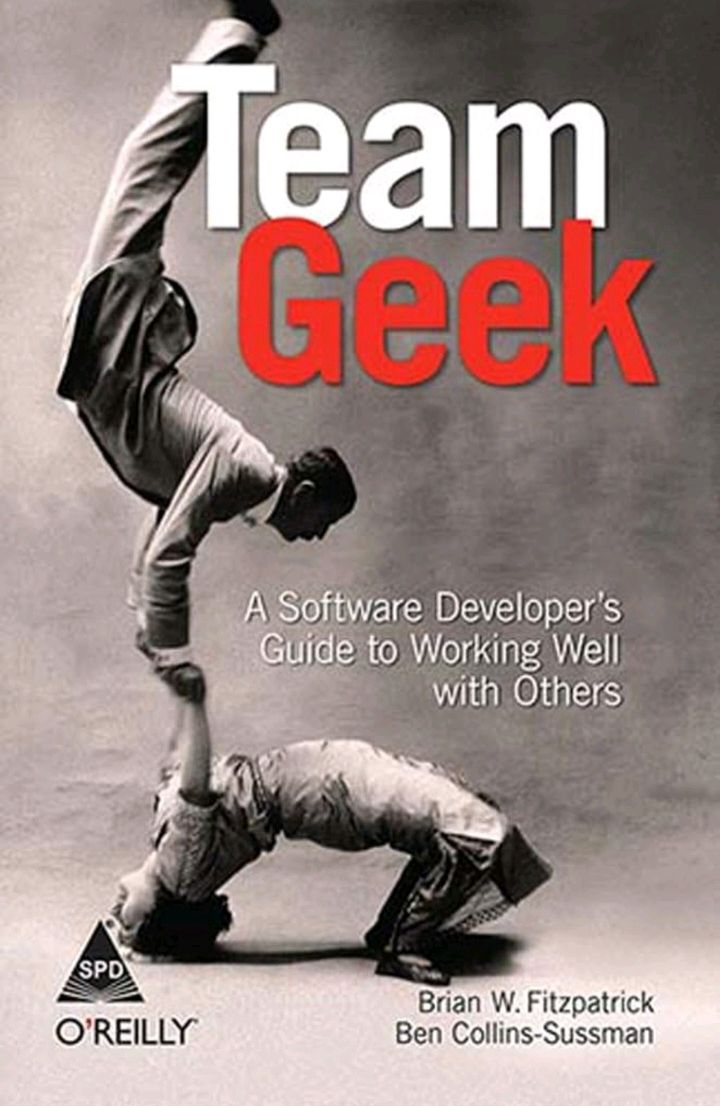Checklists encourage humility and open communication from "summary" of The Checklist Manifesto by Atul Gawande
Checklists are a powerful tool because they can help to address the inherent fallibility of human beings. By providing a simple set of reminders, they encourage us to acknowledge that we are not infallible and that we can benefit from a structured approach to our tasks. This acknowledgment of our limitations fosters humility, as we recognize that even the most experienced professionals can make mistakes. In this way, checklists facilitate a culture of humility within organizations, where individuals are encouraged to seek help and support from others when needed. Moreover, checklists also promote open communication among team members. When everyone is working from the same list of tasks, it becomes easier to share information and updates on progress. This ...Similar Posts

Be authentic in all interactions
The idea is not just about being honest but about being honest and true to yourself. It's about embracing who you really are an...

Set clear goals
Setting clear goals is essential to achieving success in any aspect of life. Without a clear destination in mind, it is easy to...

Checklists require discipline and commitment
The effectiveness of checklists hinges on the discipline and commitment of those using them. This may seem obvious, but it is a...
leverage individual strengths and talents
To truly excel as a team, it is essential to recognize and value the unique strengths and talents that each individual brings t...
Stay focused on the end goal
In the midst of the daily whirlwind of urgent tasks and distractions, it can be all too easy to lose sight of the ultimate goal...

Checklists foster teamwork and communication
Checklists are not just a way to keep track of tasks; they are a powerful tool that can improve teamwork and communication in a...

Create a supportive environment
Creating a supportive environment within a team is crucial for fostering collaboration and innovation. It involves setting the ...
Conflict can lead to better decisionmaking
When team members avoid conflict, they are essentially choosing artificial harmony over productive discourse. This aversion to ...

Flexibility in leadership is key to navigating challenges
Leadership is all about adapting to different situations. It's about being flexible in your approach, so you can navigate chall...

Foster a culture of productivity
To foster a culture of productivity within an organization, it is essential to create an environment where individuals are empo...
